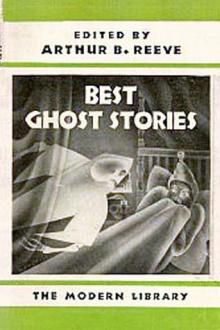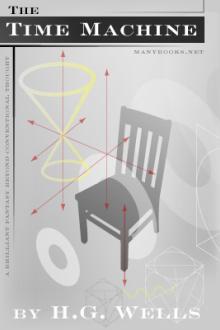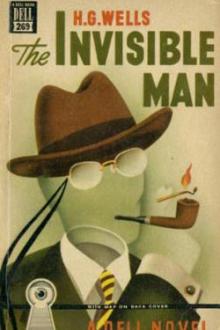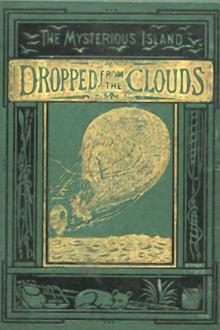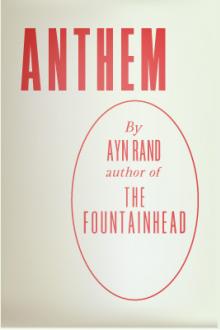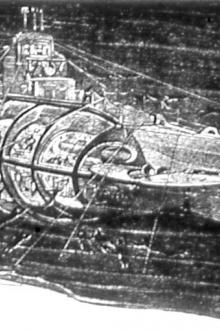Farewell to the Master
Book Excerpt
"No, Gnut has neither moved nor been moved since the death of his master. A special point was made of keeping him in the position he assumed at Klaatu's death. The floor was built in under him, and the scientists who completed his derangement erected their apparatus around him, just as he stands. You need have no fears."
Cliff smiled again. He did not have any fears.
A moment later the big gong above the entrance doors rang the closing hour, and immediately following it a voice from the speakers called out "Five o'clock, ladies and gentlemen. Closing time, ladies and gentlemen."
The three scientists, as if surprised it was so late, hurriedly washed their hands, changed to their street clothes and disappeared down the partitioned corridor, oblivious of the young picture man hidden under the table. The slide and scrape of the feet on the exhibition floor rapidly dwindled, until at last there were only the steps of the two guards walkin
Editor's choice
(view all)Popular books in Science Fiction, Short Story Collection, Post-1930
Readers reviews
- Upvote (0)
- Downvote (0)
There is absolutely no need for Bates to have set his story in some vague, undescribed future where humans fill the solar system (but at the same time, only two spaceships have ever been built?? What the who now?) Nothing in the story requires a future setting and thus it only serves to distance the reader from the immediacy of the plot. Like the movie, he should have stuck to his own time and place and called a news photographer a "news photographer". "Picture man"...yeesh.
My second dissatisfaction comes from being a child of my era. Even in the late 1960's, the idea of a robot or machine intelligence being "The Master" wasn't that startling. Granted, the overlord machines (eg Colossus) were nasty and tyrannical. That leaves only the fact Gnut loved his servant-pet as the novel concept. And that idea fades with each decade of SF that goes by.
The third gripe is even more subjective and involves Bates' writing style. So I shan't bother you with that.
This story has always reminded me of "We Can Remember it For You Wholesale" by Philip K Dick, which also has a great zinger at the end. Interestingly, that story was also made into a movie (Total Recall [1990]) that skips the zinger. But again, the movie is ok.
Hands down, even with its flaws, the story is still superior to the 2009 anti-humanity film travesty.
"Farewell to the Master" is a mediocre story at best--one of the weaker efforts from a writer who was capable of much better work. It's worth reading mainly because it inspired such an outstanding film.
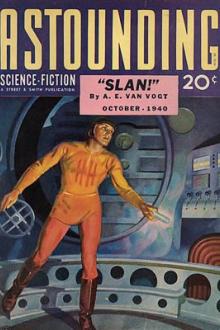
 Free Download
Free Download















